Hiring a Coach
6 key questions you can’t afford not to ask before hiring a coach
The 6 questions below are of value to you if you are considering bringing in a coach to work with yourself or other leaders in your organisation. The questions may also be of interest to those of you who are already engaged with a coach. Finding the right coach who has the credentials you need in skill, knowledge and experience, proven through repeated patterns of success, could be an arduous task. These questions alleviate some of that work for you. You can have peace of mind knowing you’ve done your due diligence making an informed decision on who to hire as your coach.
Coaching takes investment, not just financial. Before investing, I’d invite you to take the time to think through what and who you want. If you don’t, you could be wasting valuable resources and missing out on what should be an enriching experience. Give yourself a few minutes to consider asking prospective coaches the following questions. They are not in priority order, nor do they form an exhaustive list. They’re a starting point to help you through the selection process of finding a coach.
Are they a member of a recognised coaching body?
Whilst our coaching profession is not yet regulated, there are several main coaching bodies (Association for Coaching, EMCC, ICF, APECS). If your potential coach is a member of one of these, they will have been through an application process which is likely to have included providing a log of coaching hours and the provision of references from coaching clients. Being a member also necessitates an adherence to that particular coaching body’s Code of Conduct and Ethics. You may want to explore with your prospective coach how they demonstrate this code in their practice.
Professional bodies also recommend that coaches take out Professional Indemnity Insurance, infact, in many cases it is a requirement of accreditation. This is a must to protect all parties, so check with your coach the details of their insurance, and, although rare, if they have ever had any claims made against them.
What coaching/mentoring qualifications do they hold?
The spectrum of qualifications in coaching is vast. Some establishments offer certificates in coaching after a mere few hours of training. Others (such as at Masters level) involve years of learning and development with in-depth practical exploration, research and analysis in the field. You have a wide choice of coaches as the market is swamped, therefore, choosing a coach with a qualification from a highly reputable and industry wide recognised establishment is an option to take.
Do they have regular Supervision?
A reputable coach will be investing in themselves by having regular Supervision with a qualified Coaching Supervisor. As part of your coaching, your coach is likely to ask you to use reflective practice. Your potential coach should be doing the same for themselves. This is a completely legitimate area to explore with any prospective coach.
What is their coaching philosophy and coaching model?
Your potential coach should be able to readily articulate their coaching philosophy and their coaching model. If you ask this question and are met with a vague response, you may have someone who has not yet done their own ground work in figuring out what and who they are as a coach.
How are they developing and continuing their own learning and growth?
A coach who considers themselves fully developed is a dangerous coach in our book here at North-52. In my experience, the more knowledge I gain, the more I realise how much there is still to learn. Exploring with your potential coach areas of interest for their own growth and development, expansion of knowledge, stretching of skills and expertise is a worthy dialogue.
How many coaching clients are they working with at any one time?
If your prospective coach has an extensive list of clients and is operating on a back-to-back basis, cramming clients in, it is possible you will be getting a tired and wrung out coach. Your coach needs to monitor themselves and has a duty of care to you as a client to ensure they do this. Understanding how your coach manages their time to ensure they are fully charged when meeting with you is an important part of your investigation.
Asking for references is useful here (although not foolproof as a data source) to understand more about others’ experience of the coach and how they work.
